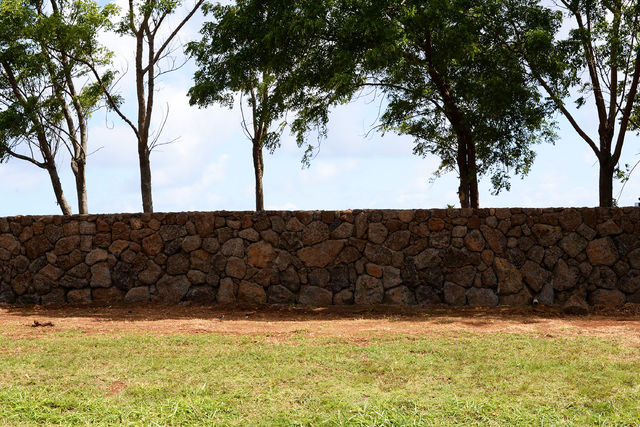KILAUEA — The owner of Facebook has filed several lawsuits with three of his companies to acquire about a dozen parcels of kuleana land on his $100 million property, sources close with Zuckerberg confirmed with The Garden Island Wednesday.
Pilaa International LLC, Northshore Kalo LLC and High Flyer LLC — three companies owned by Facebook founder Mark Zuckerberg — have filed eight quiet title and partition lawsuits in state Circuit Court on Dec. 30 involving over 100 people who have some claim to kuleana land on Zuckerberg’s property, according to court records.
Kuleana lands are parcels granted to Native Hawaiian tenant farmers between 1850 and 1855, according to the “Ua koe ke kuleana o na kanaka.” The land is inherited by descendants of the initial buyer with or without them knowing.
One case in particular is filed against at least 150 defendants who are descendants of Manuel Rapozo, sources said. Rapozo bought four parcels, amounting to over two acres, in 1894. During his life, Rapozo leased those properties to Kilauea Sugar Plantation, according to descendents of Rapozo.
Rapozo did not leave a will to his estate, according to Carlos Andrade, a great-grandson of Rapozo and former University of Hawaii professor, in a letter to descendents of Rapozo.
“An opportunity has arisen whereby a party has purchased the lands surrounding Manuel’s land and is willing to underwrite (pay for) all of the many legal costs to quiet the title to the land by way of purchasing from each and every descendant his/her just share to the lands in question,” the letter read.
Andrade believes more than 80 percent of Rapozo’s descendants are not aware of their claim on the land.
“I feel that each succeeding generation will become owners of smaller and smaller interests, each having less and less percentage of the lands and less and less capability to make sure everyone gets their fair share of Grandfather Manuel’s investment in the future of his family,” Andrade said.
The quiet title suit is initiated to clear title problems with a piece of property, said Peter Olsen, a Big Island attorney whose firm works on quiet title lawsuits. “If there’s different people claiming an ownership of a property, people will file a quiet title suit asking for the judge to make a ruling on who owns the property.”
Anrade is helping Zuckerberg by issuing letters to family members about the ownership of the land.
“If more than one person owns the property, then each person under Hawaii law would have a right to partition the property and the court-ordered sale,” Olson said.
However, according to the Native Hawaiian Law primer on quiet title and partition law, “E ‘Onipaa i ke Kulaiwi,” partition by sale is “highly problematic for the Native Hawaiian community.”
“It severs a family’s connection to ancestral land,” the primer states. “In many cases, the parcel of land that a Native Hawaiian family might have an interest in is quite small, and therefore, the loss of such parcels and interests through forced judicial sale may seem inconsequential.”
Keoni Shultz, a partner at Cades Schutte, a firm representing Zuckerberg’s interest, said in an email it is common in Hawaii to have small parcels of land within the boundaries of a larger tract, and for the title to these smaller parcels to have become broken or clouded over time.
“In some cases, co-owners may not even be aware of their interests,” he wrote. “Quiet title actions are the standard and prescribed process to identify all potential co-owners, determine ownership, and ensure that, if there are other co-owners, each receives appropriate value for their ownership share.”
According to property records, the county values the Rapozo 2 acres at about $1.1 million.
“The quieting title phase is for the judge to determine who owns the property,” Olson said. “After the judge determines that, if it’s more than one entity that owns the property, then there would be a partition.”
If the property cannot be divided, then they’ll be an auction, Olsen added.
After being served with a lawsuit, a defendant has 20 days to respond.
“It would cost a considerable investment in court costs and lawyer fees, much more than I could afford in underwriting to process to clear the title on the lands and to pay everyone for their rightful share as heirs of Manuel,” Andrade’s letter added.




